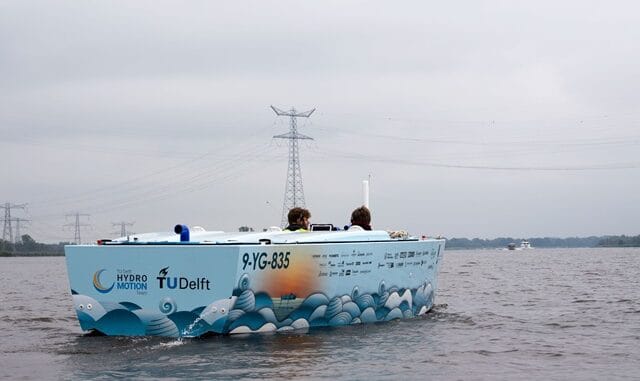
Update
The team launched their journey today, July 11, and expect to reach Ramsgate at 7pm.
Update
Today’s (July 9) attempt has been postponed due to unforeseen technical issues with the motor and a predicted thunderstorm later today, we are unable to proceed with the crossing without risking being caught in bad weather.
Tomorrow (July 9), Dutch students from the TU Delft Hydro Motion Team will sail to Ramsgate with their self-built hydrogen boat, hoping to become the first to cross the North Sea with a fully hydrogen-powered vessel.
The students will depart from the Marina in Breskens and make the nearly 300 kilometers journey across the North Sea on a single tank. With this project, the students aim to highlight hydrogen as a sustainable alternative for the maritime sector.
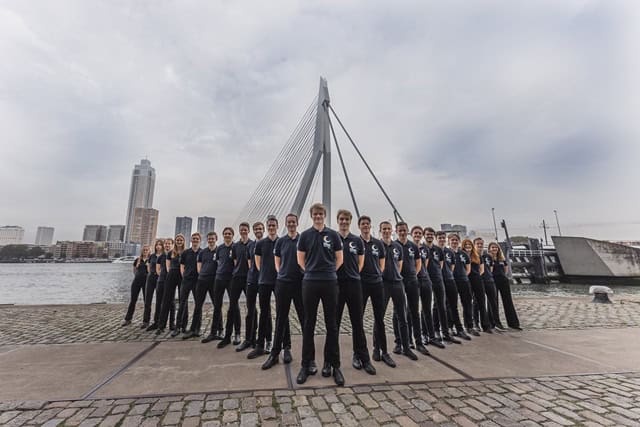
The TU Delft Hydro Motion Team has been building hydrogen-powered boats for some time. After a successful summer last year, where they became world champions at the Monaco Energy Boat Challenge, the students decided to take a different approach this year.
Instead of the annual race, they organised their own challenge -being the first ever fully hydrogen-powered boat to cross the North Sea from the Netherlands to the United Kingdom. By crossing the North Sea emission-free, they hope to demonstrate the potential of hydrogen as a sustainable alternative fuel and send a powerful message to ports, governments, and businesses about the possibilities of a green future.
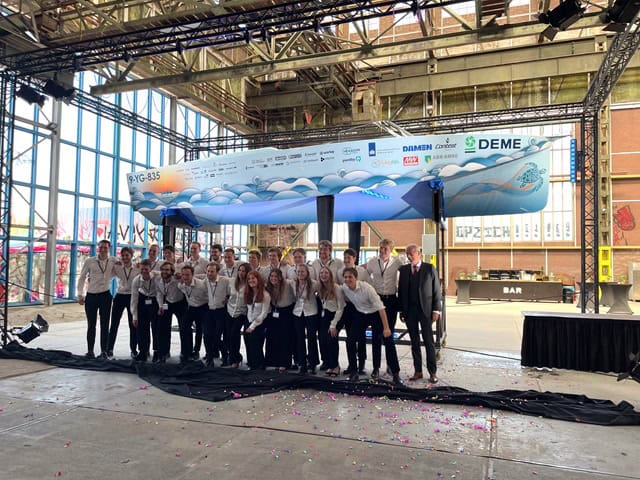
Crossing the North Sea brings many additional challenges for the students, including safety, logistics, and jurisdiction. An internal team was formed to work full-time on the organisation of the crossing alongside the testing phase. The students designated the second week of July as their “weather window,” during which they chose the time with the right safety conditions for their crossing and contact was made with numerous harbours, companies, and agencies.
For crossing the North Sea, the Hydro Motion Team students have put emphasis on the seaworthiness and long-distance capability of their hydrogen boat. Seaworthiness is a new challenge for the team, as they had previously focused on speed and maneuverability. This year, the focus was more on robustness and reliability.
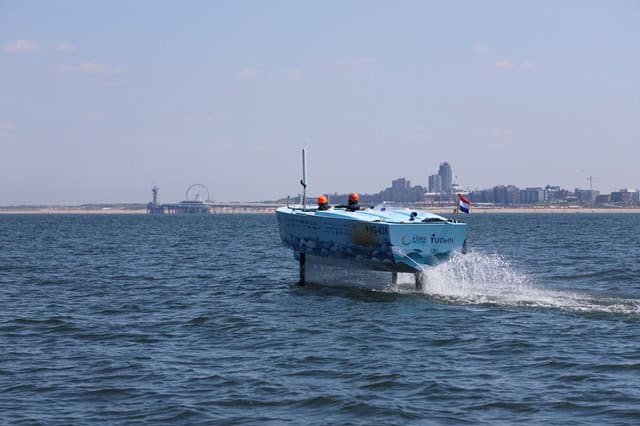
The hull is significantly higher and equipped with a sharp bow to better cut through the waves. Additionally, space was made for an extra tank, bringing the total amount of hydrogen on board to 25 kilograms. This will allow the students to complete the nearly 300 kilometers overseas in one go, without refueling.
Twenty-three students have taken one year to complete design and build for the challenge.
A team spokesperson said: “The TU Delft Hydro Motion Team aims to prove the power of hydrogen. We seek to encourage the maritime industry, known for its significant pollution, to change and adopt hydrogen as an alternative fuel.
“The team has been fully dedicated to this ambitious project since August, driven by the motivation to achieve a successful crossing and thereby highlight the potential of hydrogen in the maritime world.”
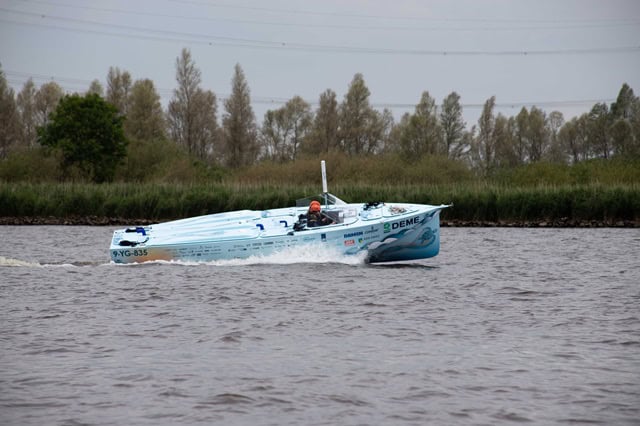
The plan is to leave Breskens at 8am (7am UK time), with the journey estimated to take around eight hours dependent on the weather and conditions
Follow the journey live at: https://live.hydromotionteam.nl/
6th Ramsgate Sea Scouts will be supporting the group by providing accommodation on their arrival.
For more information about the team and its ambitions, visit: https://hydromotionteam.nl/

